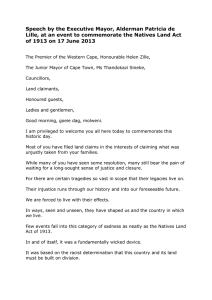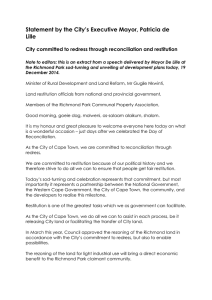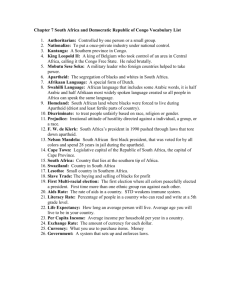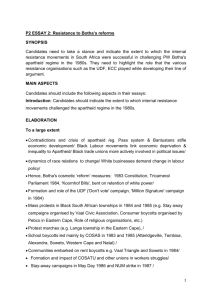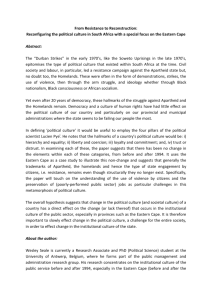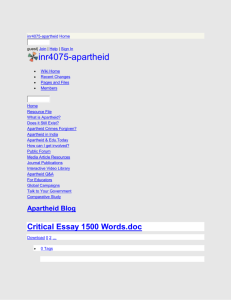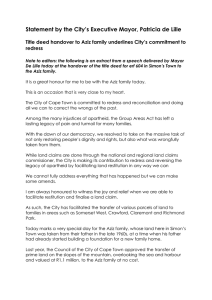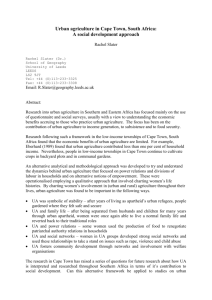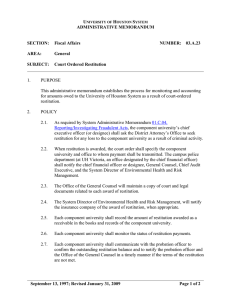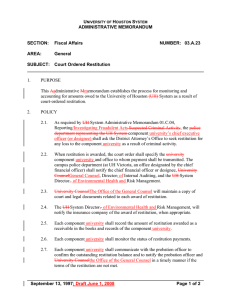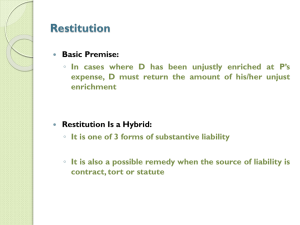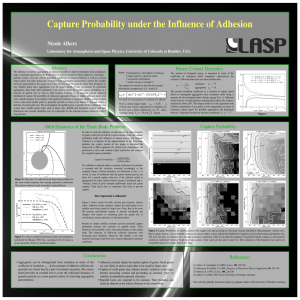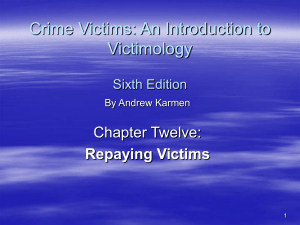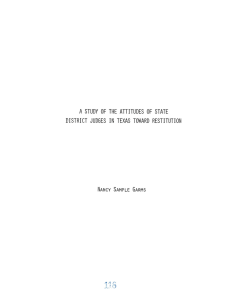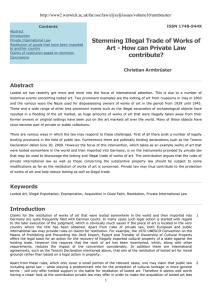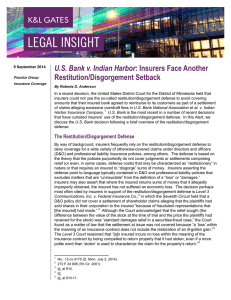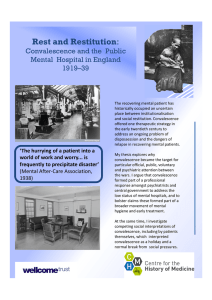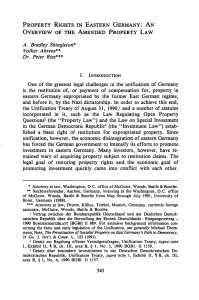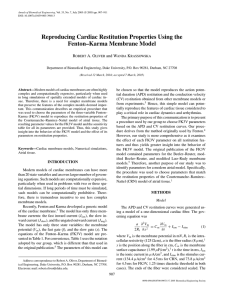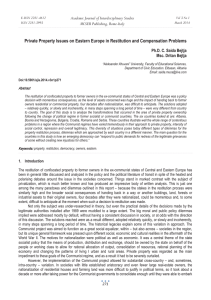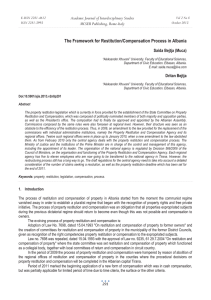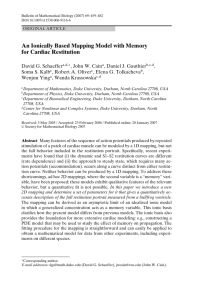Speech by the City’s Executive Mayor, Patricia de Lille, at... handover of title deeds to the Engelbrecht and Langenhoven
advertisement
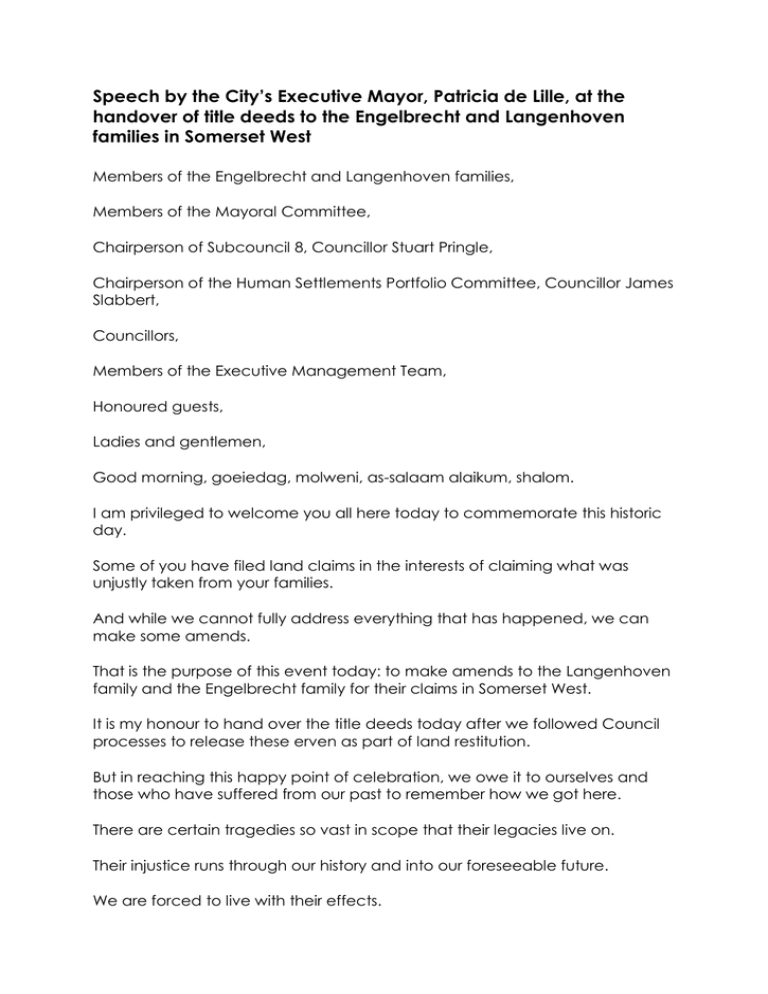
Speech by the City’s Executive Mayor, Patricia de Lille, at the handover of title deeds to the Engelbrecht and Langenhoven families in Somerset West Members of the Engelbrecht and Langenhoven families, Members of the Mayoral Committee, Chairperson of Subcouncil 8, Councillor Stuart Pringle, Chairperson of the Human Settlements Portfolio Committee, Councillor James Slabbert, Councillors, Members of the Executive Management Team, Honoured guests, Ladies and gentlemen, Good morning, goeiedag, molweni, as-salaam alaikum, shalom. I am privileged to welcome you all here today to commemorate this historic day. Some of you have filed land claims in the interests of claiming what was unjustly taken from your families. And while we cannot fully address everything that has happened, we can make some amends. That is the purpose of this event today: to make amends to the Langenhoven family and the Engelbrecht family for their claims in Somerset West. It is my honour to hand over the title deeds today after we followed Council processes to release these erven as part of land restitution. But in reaching this happy point of celebration, we owe it to ourselves and those who have suffered from our past to remember how we got here. There are certain tragedies so vast in scope that their legacies live on. Their injustice runs through our history and into our foreseeable future. We are forced to live with their effects. In ways, seen and unseen, they have shaped us and the country in which we live. Few events fall into this category of sadness as neatly as the Natives Land Act of 1913. In and of itself, it was a fundamentally wicked device with an underlying philosophy of racial hierarchy. And in this hierarchy, there was little place for the majority of the population. Furthermore, in historical terms, it was a cornerstone of the architecture of apartheid that took the devices of prejudice to new lows. The second part of the 20th Century was one of apartheid law and the apartheid State and laws like the Group Areas Act, which affected the families here today. That disgusting law sought to prescribe where people could live on the basis of their race and destroyed many lives in the process. But since 1994, the country has been working to address this legacy, though with limited success. I am reminded of a speech that the Deputy Chief Justice, Dikgang Moseneke, gave last year. He said, and I quote: ‘In short, restitution of land is smothered under the burden of legal formalism and low access to courts and bureaucratic bungles […] 'There are ample constitutional and legal instruments to tackle land equity. Seemingly very little has been done to facilitate land redress.’ He further remarked that new, innovative ways needed to be found to address land equity. While the function of land reform does not directly lie with local government, we can play a role. Indeed, in Cape Town, I believe that our drive for redress and reconciliation has already achieved great results. In the value chain of restitution, the City of Cape Town plays its part to ensure that the Land Claims Commission is in a position to conduct its social function with those waiting for justice. And most significantly, land restitution is featured as an objective in our strategic blueprint for the city, the Integrated Development Plan (IDP), unlike other cities. In conclusion, to those gathered here, my career has been focused on fighting to address the imbalances of our history. It is about fighting for justice, both in the here and now, and in the future. But it is also personal for me. I can remember being a little girl sitting on my grandmother’s stoep. She lived at number 39 Tennant Street in District 6. She was forced to move to Lavender Hill because of the Group Areas Act, which was the child of the Natives Land Act. Today, when I drive past the address, my happy childhood memories are mixed with the pain I feel because of her forced removal. It is pain that will remain with me. That is why we are still fighting for the future. It’s why we are working hard to build a caring and inclusive city. Our mission is to ensure that everyone has a stake in Cape Town. And to build that future, we must ensure that we face up to our history, as painful as it is. That truth allows us to move forward and build the future, together. I wish the families who are beneficiaries today the very best. Thank you, baie dankie, enkosi.
